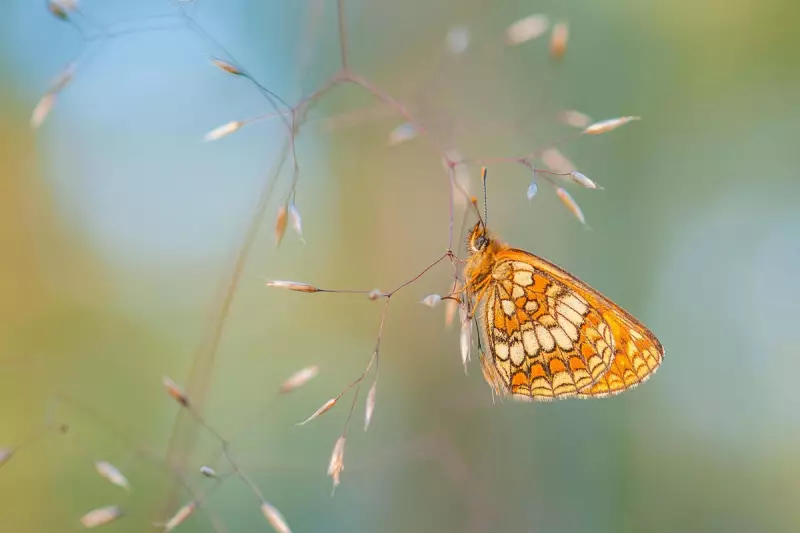
England's cherished butterflies are vanishing at an alarming rate, with a devastating new government report confirming a population collapse of over 40% in recent decades. The findings from the Department for Environment, Food and Rural Affairs (Defra) paint a grim picture for the nation's biodiversity.
A Silent Crisis Unfolding in Our Countryside
The data, compiled by the world's longest-running insect monitoring scheme, reveals that butterfly abundance has plummeted by 43% in England since 1976. This isn't just a minor fluctuation; it's a full-scale ecological emergency happening right under our noses.
Dr. Richard Fox, Head of Science at Butterfly Conservation, stated, "This report is a stark warning. These declines are a mirror to the health of our entire environment. When butterflies struggle, so does everything else."
What's Driving the Disappearance?
The causes are a perfect storm of human-induced pressures:
- Habitat Destruction: The relentless loss of wildflowers, meadows, and natural spaces has left butterflies with nowhere to live and nothing to eat.
- Pesticide Use: Widespread chemical use in agriculture and gardening decimates the vital food sources for caterpillars and adults.
- Climate Chaos: Unpredictable weather patterns, extreme heat, and shifting seasons disrupt breeding cycles and damage fragile habitats.
Glimmers of Hope Amidst the Gloom
It's not all bad news. Targeted conservation efforts have yielded remarkable success stories. Species like the Duke of Burgundy and the Large Blue, once on the edge of extinction, have been brought back from the brink through intense, focused programs.
This proves that when we intervene with purpose, we can reverse the trend. The recovery of these species demonstrates that the fate of England's butterflies is not yet sealed.
Why Should You Care? The Ripple Effect
Butterflies are far more than just pretty faces; they are critical pollinators and a key part of the food web. Their drastic decline signals a deeply unhealthy ecosystem, which ultimately threatens our own food security and well-being. Their fate is a barometer for the health of our entire natural world.
The time for action is now. This report is a deafening alarm bell that cannot be ignored.





